Taiwan’s President Tsai Ing-wen has announced on that Taiwan will build a new fleet of submarines aimed at countering China’s military power in the region.
Read more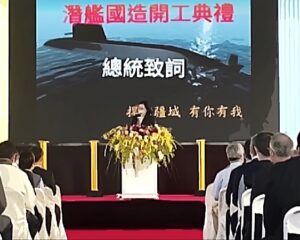

Taiwan’s President Tsai Ing-wen has announced on that Taiwan will build a new fleet of submarines aimed at countering China’s military power in the region.
Read more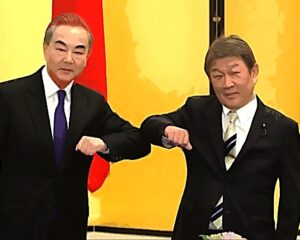
The first high-level dialogue between China and Japan since Yoshihide Suga succeeded Shinzo Abe as Japan’s Prime Minister in September have taken place in Tpkyo, with China’s Foreign Minister Wang Yi and his Japanese counterpart, Toshimitsu Motegi discussing maritime tensions over disputed islands in the East China Sea, trade and the Covid-19 pandemic response.
Read more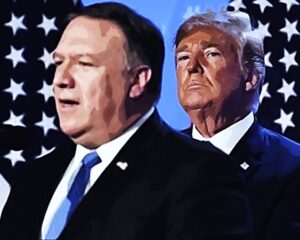
The United States has officially withdrawn from the Open Skies treaty, with effect 22 November 2020, blaming the withdrawal on Russia’s transgression of the Treaty.
Read more
The recent Belfer Center report by RAAF Group Captain Jason Begley, Winning Strategic Competition in the Indo-Pacific, offers important insights into the strategic thinking of the Australian military. The author’s analysis of the strategic competition with China in which the US and Australia have engaged far surpasses the level of the policy arguments offered in the Australian government’s 2020 Defence Strategic Update.
Read more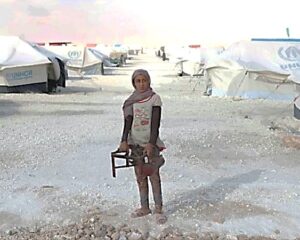
The brutal reality of war never features in political discussions of strategic and defence policy. How many non-combatants in foreign countries is it moral to kill, displace, or impoverish in order protect or preserve some objective, principle or values? In ministerial offices and cosy think tank suites, distant from the ruined cities, refugee camps, and destroyed lives, decision makers and advisers should think on these things.
Read more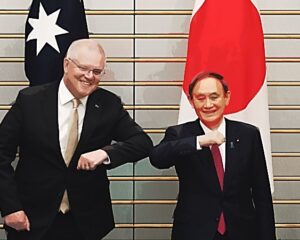
Japan and Australia reached a new agreement on defence cooperation on Tuesday [17 November 2020]. The agreement, agreed in-principle by Japanese Prime Minister Yoshihide Suga and Australian Prime Minister Scott Morrison, allows Japanese and Australian troops to visit each other’s countries and conduct training and joint operations.
Read more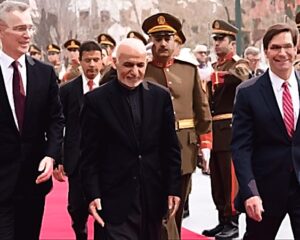
Although not unexpected, the timing of the decision to withdraw all but 2,500 US troops from Afghanistan and Iraq by mid January 2021 has been criticised by NATO allies and senior Republican lawmakers.
Read more
Russia’s President Vladimir Putin on Monday [16 November 2020] approved the creation of a Russian naval facility in Sudan capable of mooring nuclear-powered surface vessels, clearing the way for Moscow’s first substantial military foothold in Africa since the period of the former Soviet Union.
Read more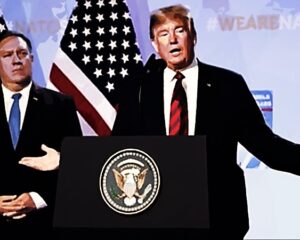
In Paris on Monday,16 November 2020, US Secretary of State Mike Pompeo said that the US administration and Europe need to work jointly on addressing recent “aggressive” actions led by Turkey – before continuing his 7-country tour, landing in Istanbul on Monday night. In Washington, a US official confirmed that last week US President Trump considered a strike on Iran’s main nuclear facility.
Read more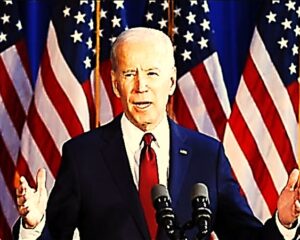
On Monday [16 November 2020], US President-elect Joe Biden said that the United States needed to negotiate with allies to set global trading rules to counter China’s growing influence – but declined to say whether the US would join the 15-country Regional Comprehensive Economic Partnership agreement, the new trade pact that includes China, which was signed in Hanoi on Sunday [15 November 2020].
Read more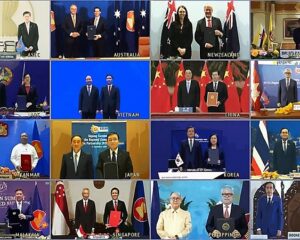
The Regional Comprehensive Economic Partnership (RECP) agreement: Fifteen Asia-Pacific economies have signed what could become the world’s largest free trade agreement, covering nearly a third of the global population and about 30% of its global gross domestic product.
Read more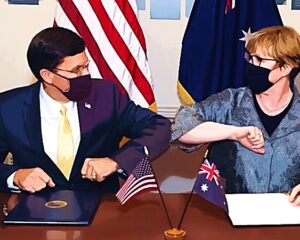
The influence of the US in Eurasia will continue to falter, and as its economic, diplomatic, and moral potency dwindles, America’s military will become its primary asset. In America’s strategic logic, loss of leadership demands a military response – and the nature of the military preparations for war on a recognised emerging Asia hegemon are now well known. While the trajectory to war is not irreversible, and the step to launching a war is huge, the consequences would be calamitous. Is Australia complicit in the preparations?
Read more
Australia hopes the trade deal about to be signed by 15 Asia-Pacific economies will help improve Australia’s strained relations with China. Australia’s Trade Minister Simon Birmingham said that the trade pact offers a platform that can lead to a positive change in relations. “The ball is very much in China’s court to come to the table for that dialogue,” he is reported to have said.
Read more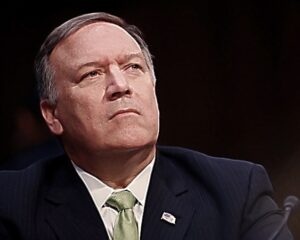
Even in what are almost certainly its last weeks, there is no sign yet that the Trump administration will lessen its efforts to make a lasting mark on relations between China and the US and its Asia-Pacific partners and allies.
Read more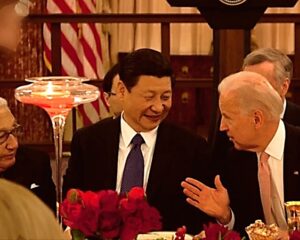
Michael Swaine suggests that “a Biden presidency will likely correct many of Trump’s most egregious mistakes in handling Beijing while still supporting the bipartisan shift that has occurred toward intensified competition with China”. The article sets out some of the policy shifts that might result, but asks will Biden go far enough?
Read more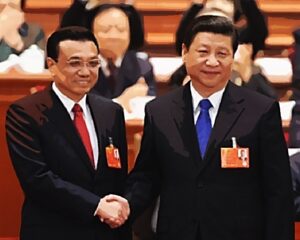
Forbes reports (with careful caveats) that there are rumours that China’s President Xi and Premier Li might “do a Putin and Medvedev, and switch spots on the roster” in a move which would be presented internationally as a ‘China reset’.
Read more
Reuters reports that the final landmines on the Falkland Islands in the South Atlantic have been cleared, Britain said on Tuesday [10 November 2020], nearly 40 years after they were laid by Argentine forces when they seized the British territory.
Read more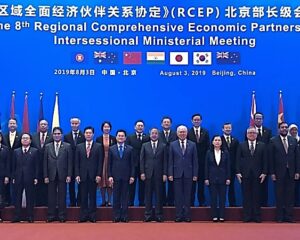
It is reported that the world’s largest trade pact involving 15 countries in the Asia Pacific – which account for 29% of global gross domestic product – is expected to be signed during a virtual leaders summit to be held on 15 November 2020.
Read more
ASPI’s Special Report; submarines, your questions answered aims to “become the go-to guide for authoritative comment on all things to do with the present and future of Australian submarines”. However, rather than clarify the issues around submarine warfare and the Attack class, it raises more questions than it answers. That’s not to deny that there are important contributions in the report from Andrew Davies, Marcus Hellyer, Malcolm Davis, and others.
Read more
Contemplating a world after COVID, some are calling for a reset of existing models of policymaking. In this essay the authors outline shortcomings in existing neoliberal economic models, and argue that the radical pragmatism of effective crisis response—a willingness to try whatever works, guided by an experimental mindset and commitment to empiricism and measuring results —represents a policymaking model that can and should be applied more widely, not only in times of crisis.
Read more